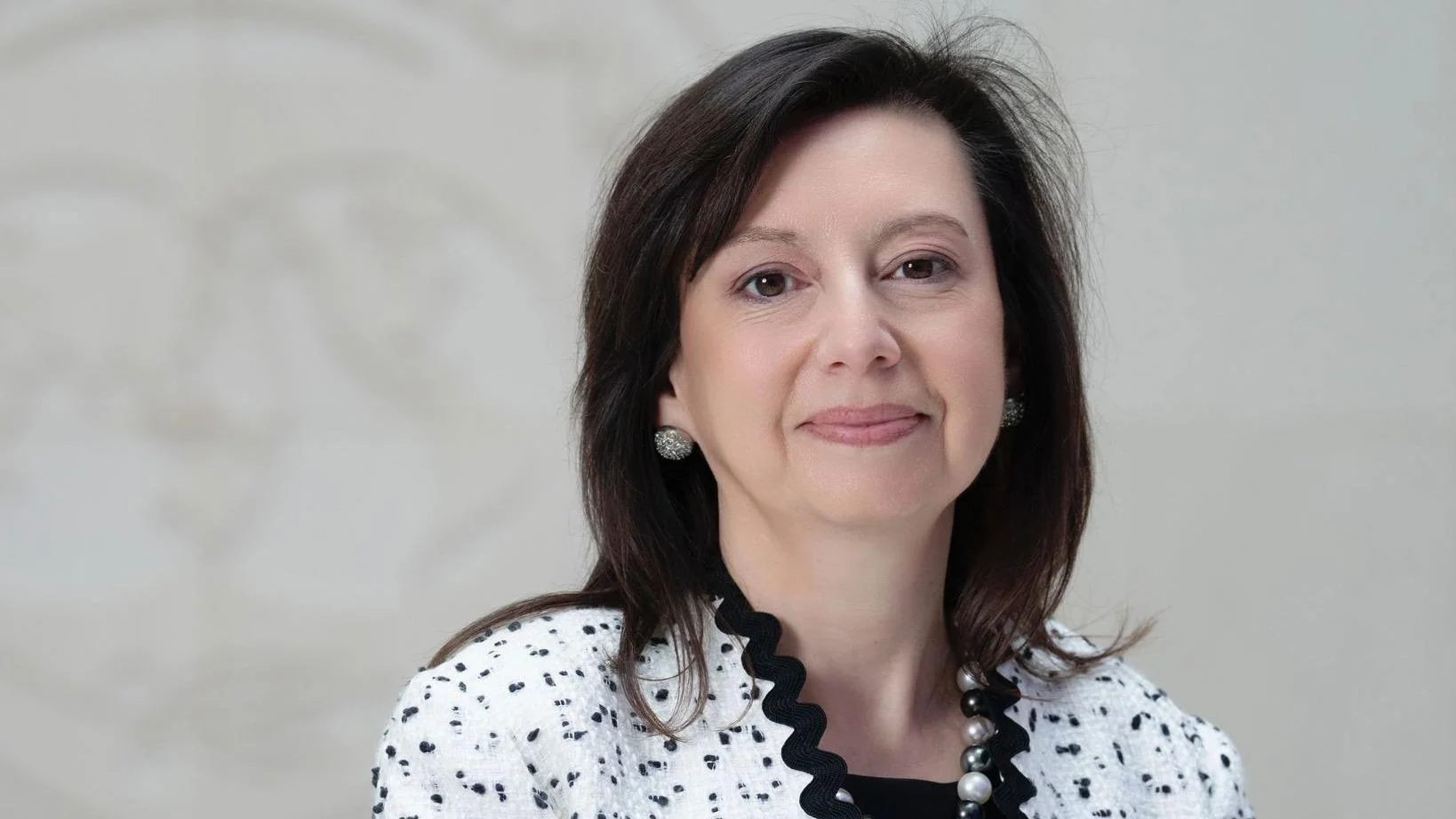The International Monetary Fund (IMF) Executive Board has completed the third review under Sri Lanka's Extended Fund Facility (EFF) Arrangement. This completion allows Sri Lankan authorities to access SDR 254 million, approximately US$334 million. To date, the total financial support disbursed by the IMF stands at SDR 1.02 billion, or about US$1.34 billion.
The EFF arrangement for Sri Lanka was initially approved on March 20, 2023, amounting to SDR 2.286 billion, which is around US$3 billion. The program aims to assist Sri Lanka in restoring macroeconomic stability and debt sustainability while safeguarding vulnerable populations and promoting growth-oriented structural reforms.
Kenji Okamura, Deputy Managing Director of the IMF, commented on the progress: “Reforms in Sri Lanka are bearing fruit and the economic recovery has been remarkable. Inflation remains low, revenue collection is improving, and reserves continue to accumulate.” He highlighted that economic growth averaged 4.3 percent since resuming in late 2023 and estimated that by end-2024, real GDP would have recovered significantly from previous losses.
Okamura stressed the importance of maintaining reform momentum for long-term growth: “As the economy is still vulnerable, it is critical to sustain the reform momentum to ensure macroeconomic stability and debt sustainability.”
He also noted that program performance has been strong with all quantitative targets met except for social spending indicators. Structural benchmarks due by January 2025 were largely achieved or implemented with delays.
Sustained revenue mobilization is emphasized as crucial for fiscal sustainability: “Boosting tax compliance and refraining from tax exemptions are key to maintaining support for economic reforms,” Okamura stated.
Further priorities include advancing debt restructuring efforts following a successful bond exchange and finalizing agreements with creditors promptly.
On monetary policy, Okamura remarked: “Monetary policy should prioritize maintaining price stability... Continued exchange rate flexibility... remain critical to rebuild external buffers.”
Additionally, resolving non-performing loans and strengthening governance of state-owned banks are important steps towards reviving credit growth.
Okamura concluded by addressing prolonged structural challenges: “Prolonged structural challenges need to be addressed to unlock Sri Lanka’s long-term potential.”

